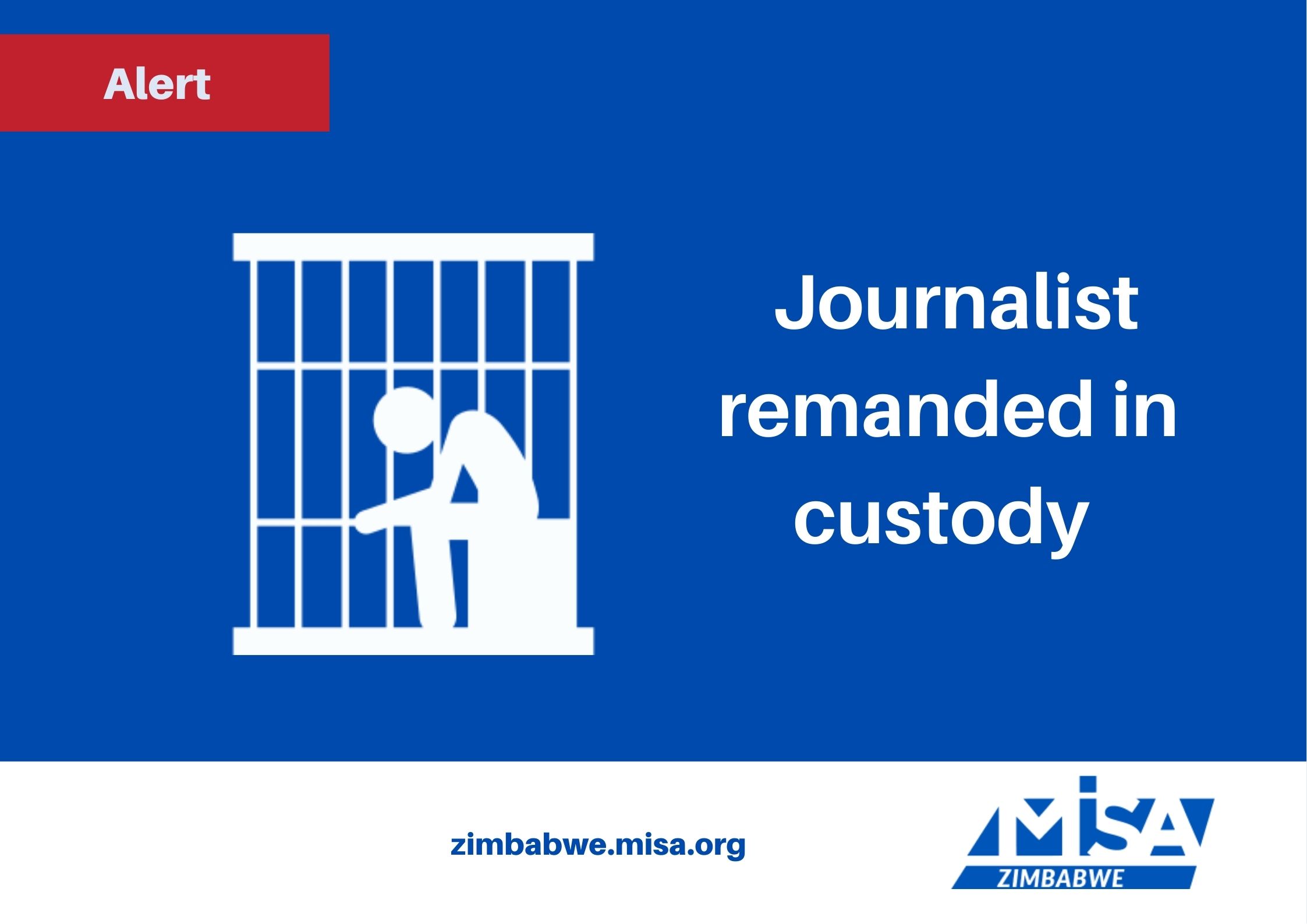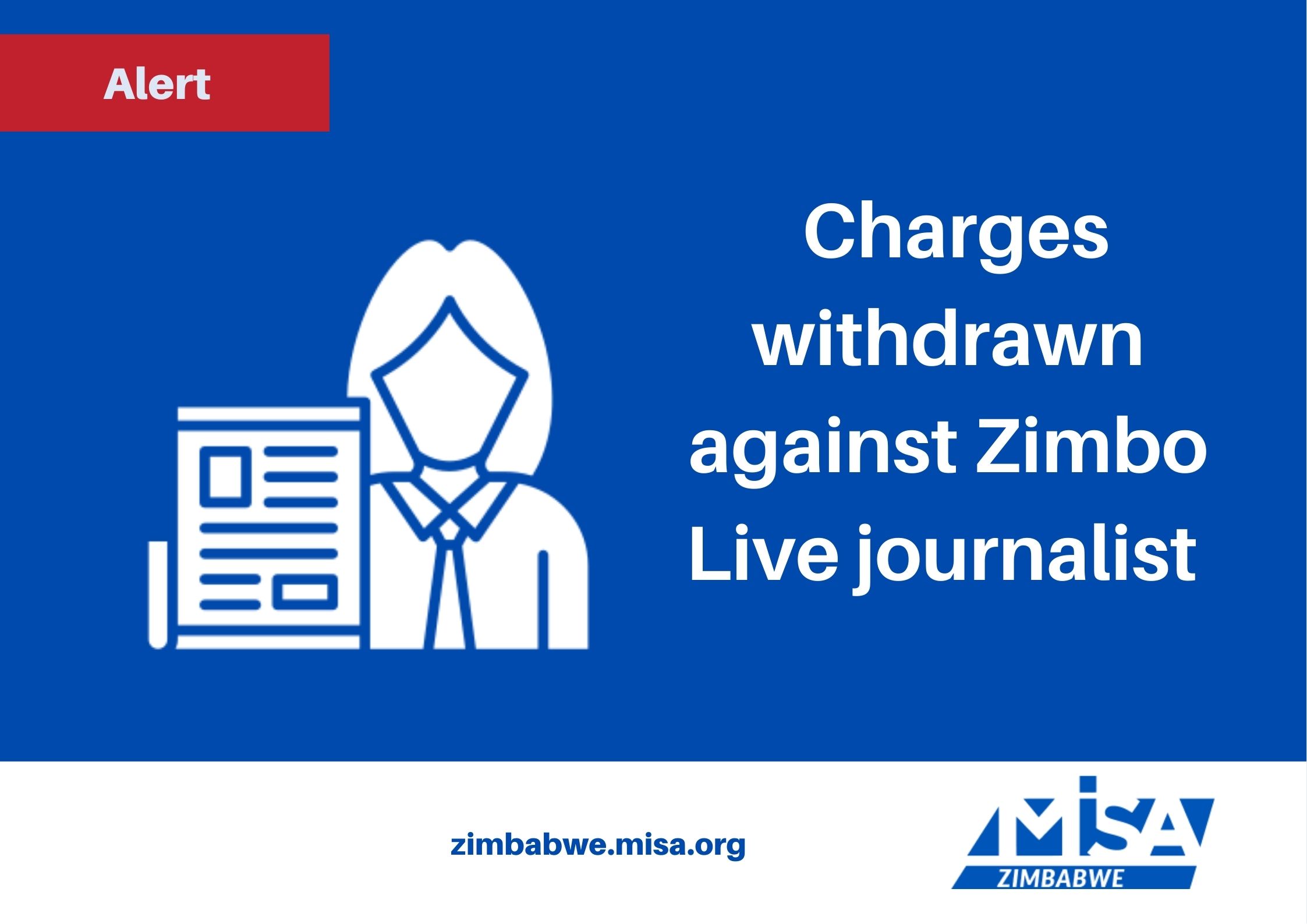By Jeremias Langa
The existential shockwaves of 2024 will undoubtedly shape developments in 2025!
This is so because the preceding year was deemed the year of democracy due to the global density of elections. This did not spare our region as we witnessed eight countries holding one form of election or the other.
Suffice to say the decisions or choices made in the 2024 elections will impact humanity heavily in 2025, especially as the initial minority right wing is fast becoming mainstream in defining the course of humanity.
In this write-up, the MISA Regional Office is retrospectively projecting the future of expression in the age of intersectionality of multiple and complex issues based on the previous year’s experiences.
Elections in Southern Africa
Of the eight countries that held elections in 2024, Mozambique stands out as a democracy gone rogue! The lights went off on democracy itself, resulting in the post-election violence spreading like wildfire!
MISA conveys its condolences to the families and people of Mozambique following the loss of lives in the post-election conflict engulfing the country to date. As a country, Mozambique and its people sacrificed their national and personal prosperity by hosting several liberation movements until the entire southern African region was free.
Mozambique requires the continent’s solidarity and support to return to peace and amicable existence as they define their pathways towards a country responsive to its citizenry’s needs as an integral strategic player in the region and the continent.
In 2025, Southern Africa will witness a cocktail of one form or another of elections in the sister republics of Comoros (2nd round), Malawi, Namibia, Seychelles and Tanzania (both mainland and Zanzibar).
As we are witnessing in Mozambique, elections in Africa, as happens in other continents, are sometimes a matter of life and death for citizens, activists and journalists. They are high-stakes national and, by extension, regional processes. Although elections are generally supposed to express a country, society, or a people’s free choice and entry into a governance contract, they are a complex process in most fragile and somewhat broken states.
In all these countries, journalists report in the line of fire, which highlights the need to emphasise their safety and security and ensure that citizens always have access to credible information. This is critical in the age of information disorders and the need for a competitive information integrity regime to counter disinformation and misinformation.
The nature of democracy in our respective countries in the region is often tested during such processes, with many failing the test, and thus proving that they are democracies gone rogue.
However, Africa should applaud and support those countries that pass the democracy test and remain on the right path and trajectory, as we witnessed in Botswana, South Africa, and, to a greater extent, Namibia.
Intersectionality
As highlighted earlier, humanity is facing multiple crises in the form of economic decline post the COVID-19 pandemic, weak global strategic leadership, growing inequality, distressed climate and geopolitical tensions.
Strife is more pronounced globally, with conflicts degenerating into armed conflict. The number of people living in fragile states is perpetually on the increase, while more people are facing starvation due to climate change-induced famine.
Extremism is on the rise, as much as the right-wing thinking polity which has swept across Europe, including the traditionally left wing in countries such as Sweden. The global order has shown beyond doubt that the collective approach to conflict resolution is increasingly under strain, while the worldwide leadership is generally on retreat.
The coming into office of the US President Donald Trump emboldened the right-wingers who were initially on the fringe as they take centre stage in shaping humanity.
This is also evidenced by how Meta – the company controlling Facebook, Instagram and WhatsApp, is rushing to the bottom to appease the new government by following the template used by X (formerly Twitter), owned by Elon Mask, now the US Government’s head of Efficiency in doing away with fact-checking mechanisms on the platforms.
This has downgraded social media into junkyards – where information sources are heavily polluted.
With an increasingly inward-looking centre, intersectionality has become a critical proposition to understand and unpack. This is so as there will be little support for those attempting to break narratives while those in favour of right-wing thinking blindly push for a uni-dimensional approach of a pro-extractive mindset without due regard to an environment under attack, the need to preserve facts in the face of a changing technological ecosystem and strengthening checks and balances at the geo-political level.
Whither solidarity & collaboration
At MISA, we call for the strengthening of solidarity and genuine collaboration, which is not extractive!
We are inspired by the collaboration principles and framework developed by IFEX. We hope the broader stakeholders will equally be invested and inspired by such efforts to strengthen solidarity through genuine collaboration.
As the secretariat of the Southern African forum, the Spaces of Solidarity, this is an open call to institutions in Southern Africa and those of like-minded thinking working in these forms of intersectionality to join the forum to escalate our interventions and collective voice in response to these mutating forms of intersectionality which constitute targets constantly attacking expression, in some instances from unusual places!
The Media Institute of Southern Africa (MISA) is an umbrella organisation representing national chapters throughout the Southern African Development Community (SADC) region. MISA defends and promotes media freedom, freedom of expression, and access to information.
Jeremias Langa is the chairperson of the MISA Regional Governing Council (RGC) and MISA Mozambique. He can be contacted at jeremias.langa@yahoo.com.br. For further enquiries, contact the MISA Regional Director, Dr Tabani Moyo, at tabani@misa.org.













